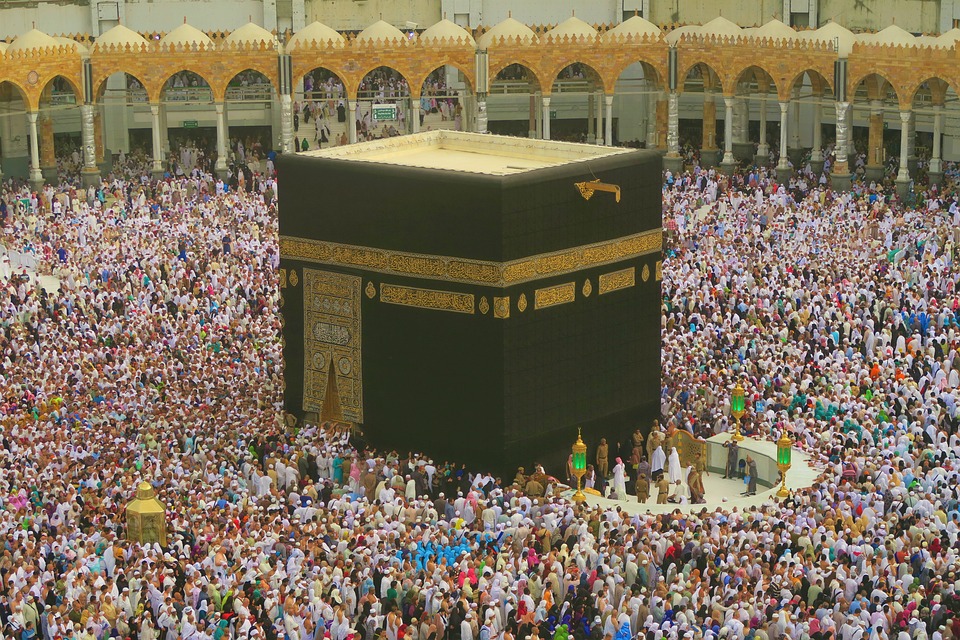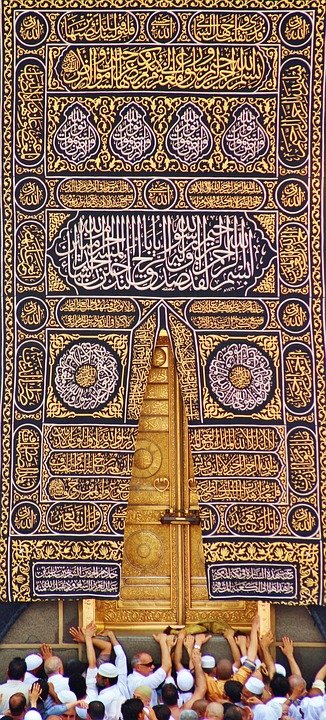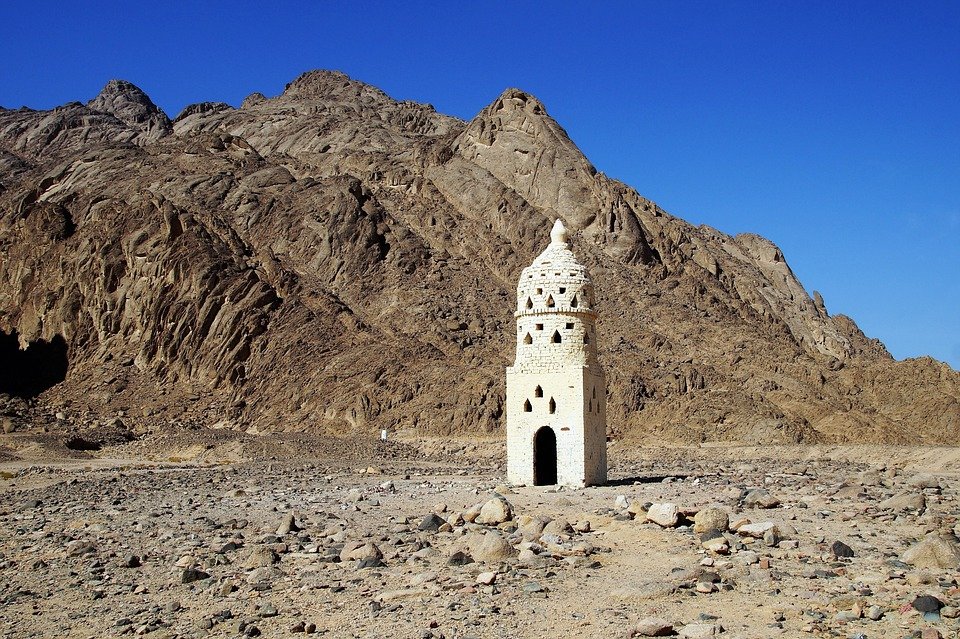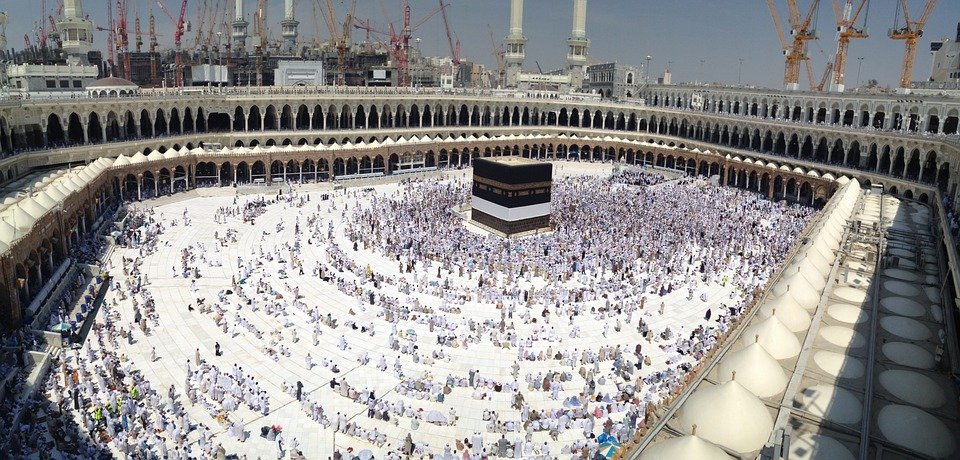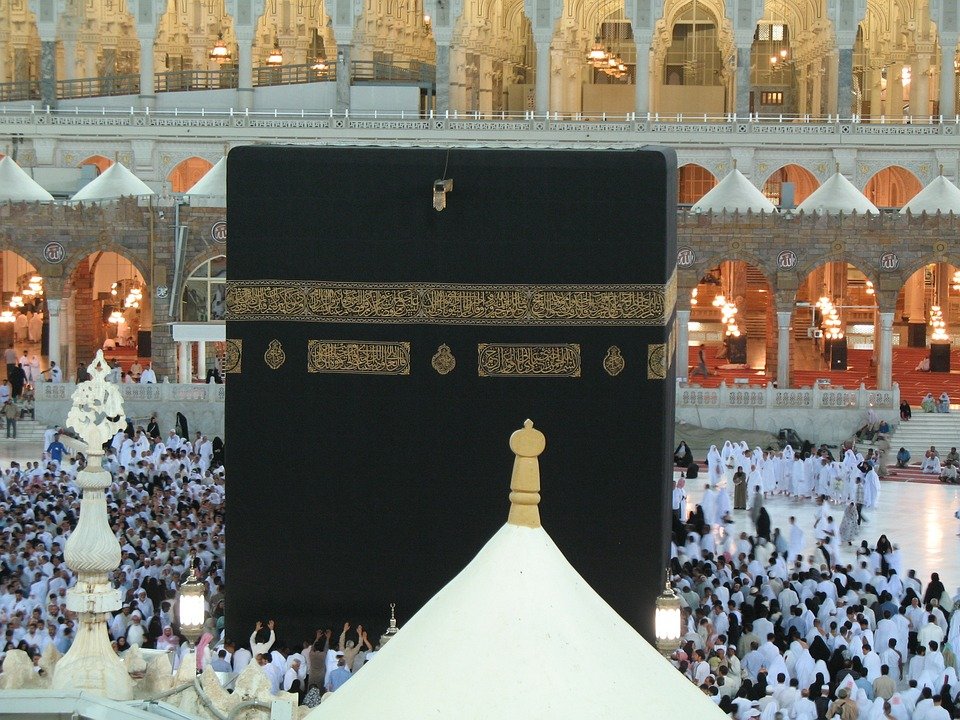Every year, millions of Muslims from around the globe perform Hajj, a sacred pilgrimage to Mecca, which stands as one of the five pillars of Islam. I think the significance of this event is immense, as it draws approximately two to three million people annually to the holy city. In this article, we will explore how many people perform Hajj all over the world, setting the stage for a deeper understanding of this profound religious duty. I assure you that you will find a comprehensive guide that addresses all aspects of this vital pilgrimage.
In my opinion, knowing how many people perform Hajj each year helps us appreciate its global impact and the unity it fosters among Muslims. The pilgrimage is not just a personal spiritual journey; it’s a manifestation of faith on a collective scale. We, at Airlinkhajjandumrah.com, bring nine years of experience in the Umrah and Makkah, Madinah travel fields, which means we have the expertise to provide accurate and insightful information on “How Many People Perform Hajj All Over the World Each Year?” Join us as we break down the significance of this remarkable event and its implications for the Muslim community worldwide.
How Many People Perform Hajj All Over the World Each Year?
Every year, millions of Muslims from diverse backgrounds come together for a sacred event known as Hajj. This pilgrimage is one of the Five Pillars of Islam and takes place in the holy city of Makkah, Saudi Arabia. It’s a time when people from all corners of the globe unite in faith and devotion. In recent years, the number of participants has reached impressive levels, demonstrating the significance of this spiritual quest.
Statistics show that roughly two to three million people perform Hajj annually. This number fluctuates due to various factors, including local regulations and global events. The pilgrimage occurs during the Islamic month of Dhul-Hijjah. Saudi Arabia manages the influx of pilgrims with great care, providing facilities and services to accommodate everyone. It’s fascinating to think that, despite different cultures and languages, all these individuals share the same purpose of fulfilling a religious obligation.
The Spiritual Significance of Hajj
Hajj represents more than just a series of rituals; it embodies deep spiritual significance for Muslims. Each aspect of the pilgrimage has symbolic meaning, reflecting devotion, humility, and unity. The act of circling the Kaaba, known as Tawaf, serves as a focal point for prayers and contemplation. Pilgrims wear simple white garments, known as Ihram, symbolizing equality before God, regardless of social status or wealth.
During Hajj, believers engage in acts of worship, such as standing at Mount Arafat, where they seek forgiveness and guidance. This moment is pivotal and often described as the culmination of the pilgrimage. In my opinion, the emotional intensity felt during this time shapes the experience profoundly. People leave Hajj with renewed spirits and a sense of connection to their faith that lasts a lifetime.
Pilgrims from Around the World
One of the most beautiful aspects of Hajj is the diversity of its participants. Individuals from every corner of the globe converge in Makkah, showcasing a tapestry of cultures and traditions. From Asia to Africa, Europe to the Americas, each pilgrimage brings together individuals who share a common belief. They come together like a giant family, united by their love for God.
This rich diversity adds to the atmosphere of the pilgrimage. When you witness people chatting in various languages and sharing meals, it’s a reminder of the global Muslim community. The interactions are often inspiring, as people learn from each other’s experiences. It demonstrates the idea that, no matter where we come from, our faith can bring us together in remarkable ways.
The Process of Registration and Travel
To participate in Hajj, individuals often need to register through official channels. Many countries have set quotas that determine how many citizens can go each year. The process can be complex, involving paperwork and fees. However, dedicated tour operators facilitate the journey, helping pilgrims navigate the requirements and arrangements.
Once registered, a mixture of excitement and anticipation fills the air. Travelers prepare for the experience by attending informational sessions that outline what to expect and how to conduct themselves during the pilgrimage. I feel that preparing for Hajj is a crucial part of the journey; it sets the tone for the entire experience.
Challenges Faced During Hajj
While Hajj is a joyous spiritual journey, it can present unique challenges. With millions of people gathered in one location, managing logistics becomes a significant task. This is where patience and cooperation come into play. Pilgrims often find themselves navigating crowded areas, dealing with the heat, and adhering to a strict schedule of rituals.
In my opinion, these challenges enhance the spiritual experience. They serve as opportunities for growth and fellowship. Overcoming obstacles together often leads to a deeper sense of camaraderie among pilgrims. Sharing a smile with a fellow believer in a long line or helping someone find their way shows the power of community, even in the busiest of times.
The Role of Technology
In recent years, technology has played a vital role in Hajj. From online registration to real-time updates about crowd management, the advancements have made it easier for pilgrims to stay informed and safe. Many apps now offer maps of the pilgrimage sites, guiding participants through the various rituals and events.
Technology not only enhances the experience but also helps maintain safety. Organizers use special systems to track the number of people in certain areas. This ensures that everyone stays comfortable while enjoying their sacred duties. I believe that technology can genuinely support spiritual experiences, making them more accessible for everyone involved.
Reflections on the Hajj Experience
After the pilgrimage, many pilgrims carry the lessons learned during Hajj with them for life. The experience shapes their spiritual journey and often encourages others to share their stories. Those who complete Hajj frequently talk about feeling a sense of peace and fulfillment. It’s the kind of transformational moment that resonates deeply.
The memories made during Hajj, whether through acts of worship, encounters with fellow pilgrims, or moments of solitude, linger long after the journey ends. It’s a chance to reflect on one’s life and faith. In my view, this aspect of Hajj is invaluable. Each year, countless people find renewed purpose and inspiration through this remarkable pilgrimage, reminding us all of the power of faith, community, and shared traditions.
Mushu, an experienced Saudi Arabia traveler and writer, shares insightful tips and spiritual reflections to enhance Hajj and Umrah journeys for fellow pilgrims. He has been to Makkah and Madina from 2016 to 2023 many times and his posts will reflect this.


